Rancher v2.5 logging uses the banzai cloud logging operator - see here.
The operator deploys and configures a Fluent Bit DaemonSet on every node to collect container and application logs from the node file system. Fluent Bit queries the Kubernetes API and enriches the logs with metadata about the pods, and transfers both the logs and the metadata to Fluentd. Fluentd receives, filters, and transfer logs to multiple outputs
I don't know much about Fluent Bit, but the documentation says
Fluent Bit is an open source Log Processor and Forwarder which allows you to collect any data like metrics and logs from different sources, enrich them with filters and send them to multiple destinations.
Sounds quite similar to Fluentd (and other log forwarders like LogStash).
So what would be the reason/benefit of having both Fluent bit and Fluentd as part of the logging operator?
